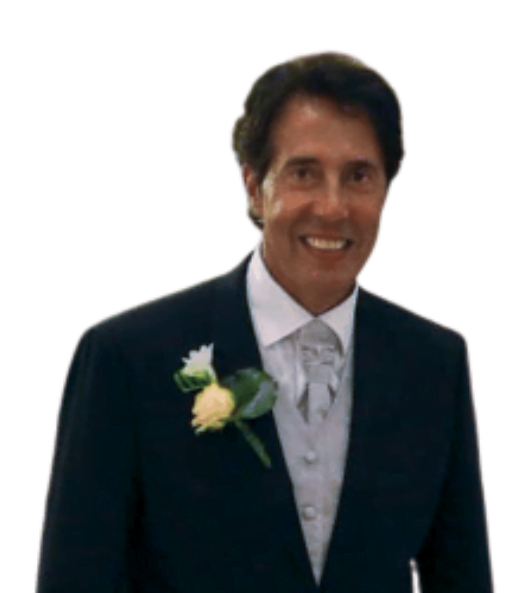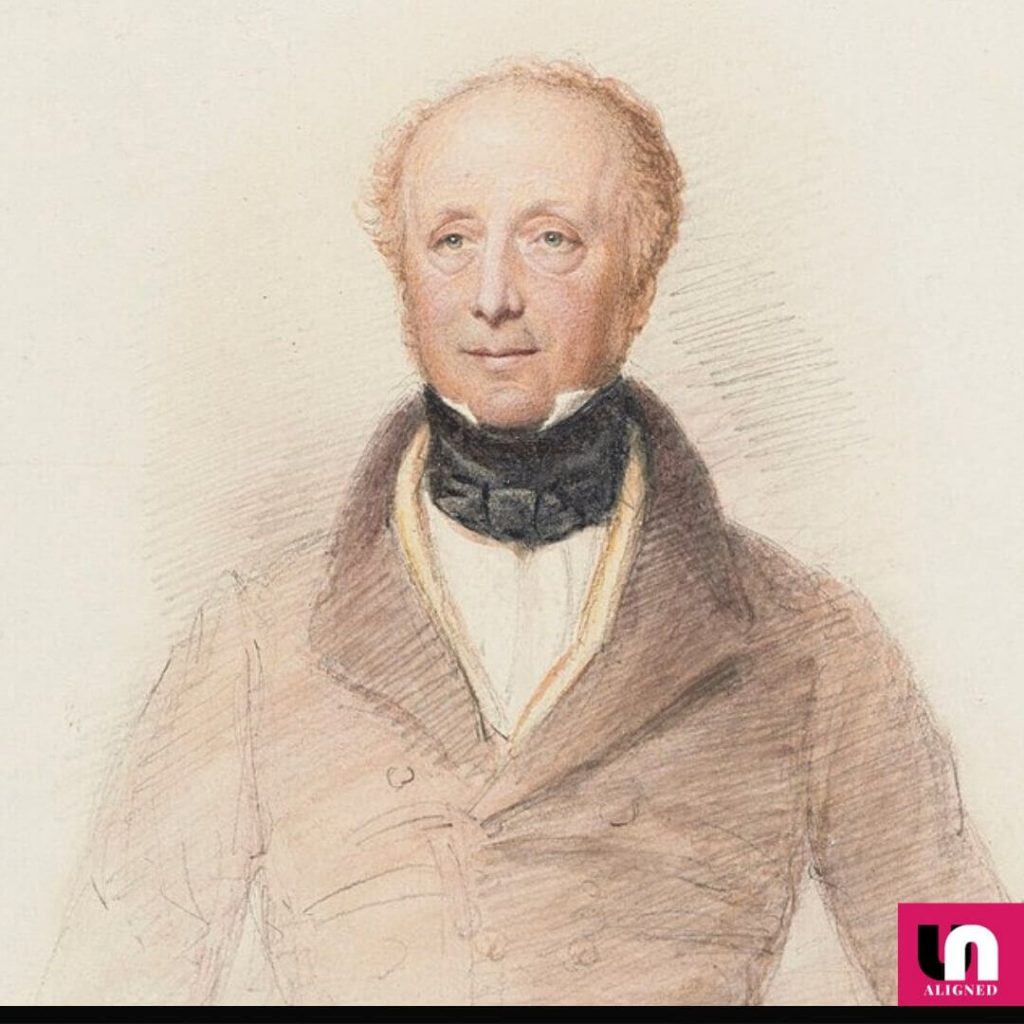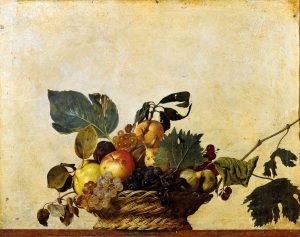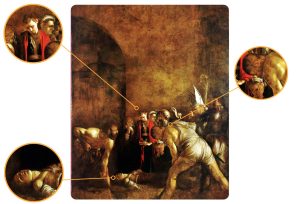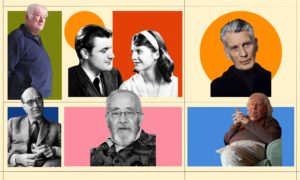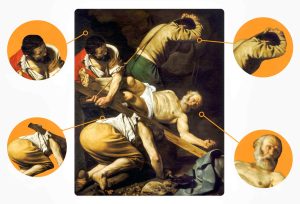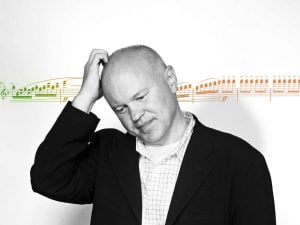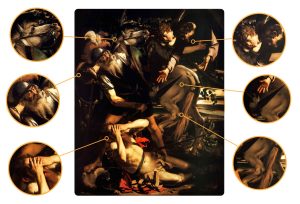Popular leaders nowadays seem to owe their success to noise, aggression and self-aggrandisement. I call this the Cassius Clay syndrome. The louder they shout, the more they are respected. The more brazen they are, the more they gain trust. The more they blow their own trumpet, the more credible they appear. This is the leader of our 21st century populist culture.
These loudmouths are distorted Machiavellian politicians. Distorted because the ends justified by their means are void of any political or social ideals. Their modus operandi is not based on any strategic acumen, it is improvised and opportunistic. It is sheer megalomania. They wallow in their own narcissism and arrogance, advocating an impoverished makeshift political agenda.
These would-be Princes flaunt their supposed superiority with such shameless hubris that they attract flocks of disgruntled masses who cower to the cult of grandeur. These leaders do not instil intellectual reasoning or cultural curiosity in their followers. They instil blind faith; faith fed with pub talk, catchphrases and monomaniac imaging. Such slogans as “America First”, “Make America Great Again” or “Take Back Control” are the Pied Piper hymns that orchestrate the chanting.
The masses bleat their mantra of support, ignoring the lies, half-truths and blatant deceit. “When faith meets evidence, evidence doesn’t stand a chance” wrote Nobel Prize-winning economist and New York Times columnist Paul Krugman.
Literature has always been there to denounce the arrogance of political power. Shakespeare exposed this danger in several of his plays:
“The abuse of greatness is when it disjoins remorse from power.”
Shakespeare attempted to undermine the cult of greatness and superiority by focusing on the fragile human aspect of the leader:
“I think the King is but a man, as I am. The violet smells to him as it doth to me. The element shows to him as it doth to me. All his senses have but human conditions. His ceremonies laid by, in his nakedness he appears but a man.”
The Romantic poet Percy Bysshe Shelly best described the rise of political arrogance and its eventual crumbling into oblivion, in his sonnet, Ozymandias. In this poem Shelley tells us what happens to these megalomaniacs, these powerful braggarts, after time ravages their brief moment of greatness. They crumble to nothingness. In this poem, Shelley refers to the statue of Ramses II, the great Egyptian pharaoh. The huge stone statue is used as a metaphor for the political arrogance and hubris of the mighty. Ultimately, the poet suggests that we are all sterile dust in the lap of nothingness. However powerful and mighty one may be, greatness is fleeting.
Both Shakespeare and Shelley prove to us that literature will always outlive the bluster of arrogance.
Ozymandias
I met a traveller from an antique land,
Who said—“Two vast and trunkless legs of stone
Stand in the desert. . . . Near them, on the sand,
Half sunk a shattered visage lies, whose frown,
And wrinkled lip, and sneer of cold command,
Tell that its sculptor well those passions read
Which yet survive, stamped on these lifeless things,
The hand that mocked them, and the heart that fed;
And on the pedestal, these words appear:
My name is Ozymandias, King of Kings;
Look on my Works, ye Mighty, and despair!
Nothing beside remains. Round the decay
Of that colossal Wreck, boundless and bare
The lone and level sands stretch far away.”


